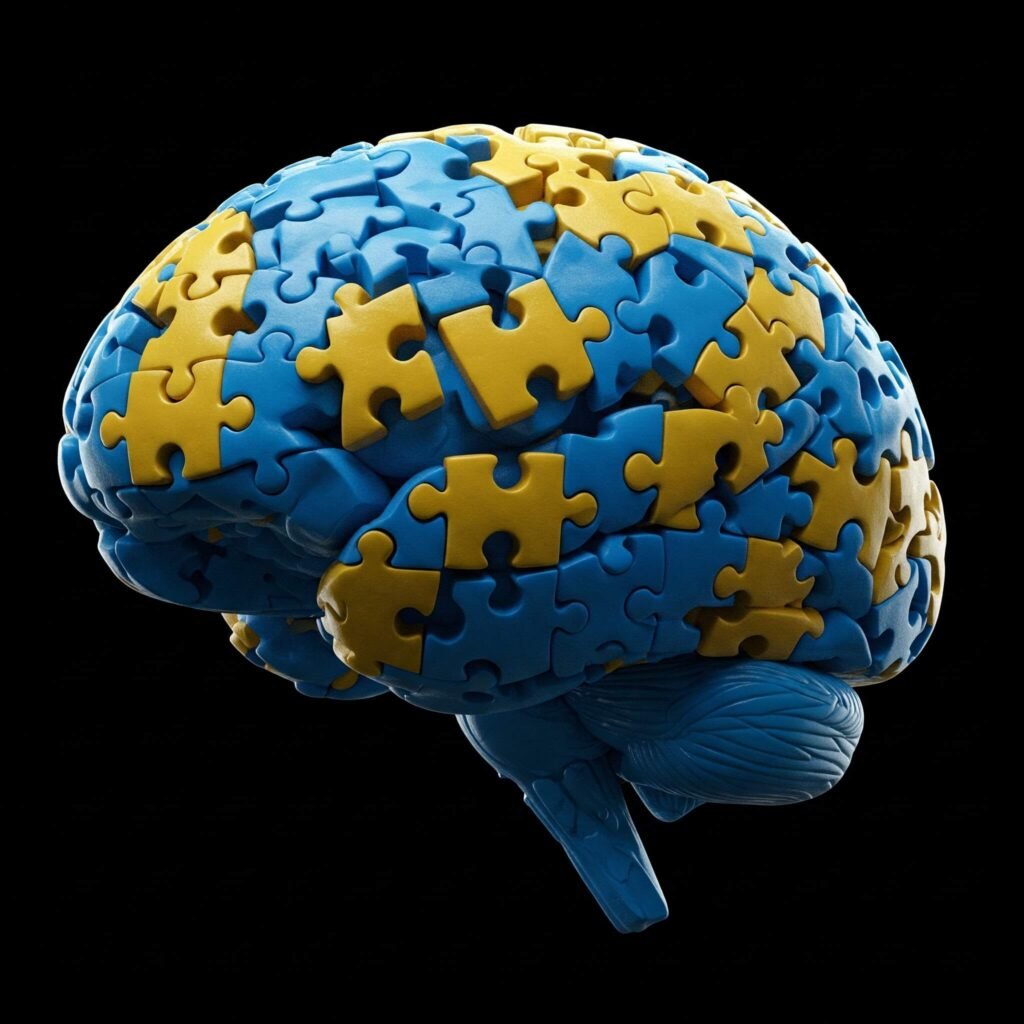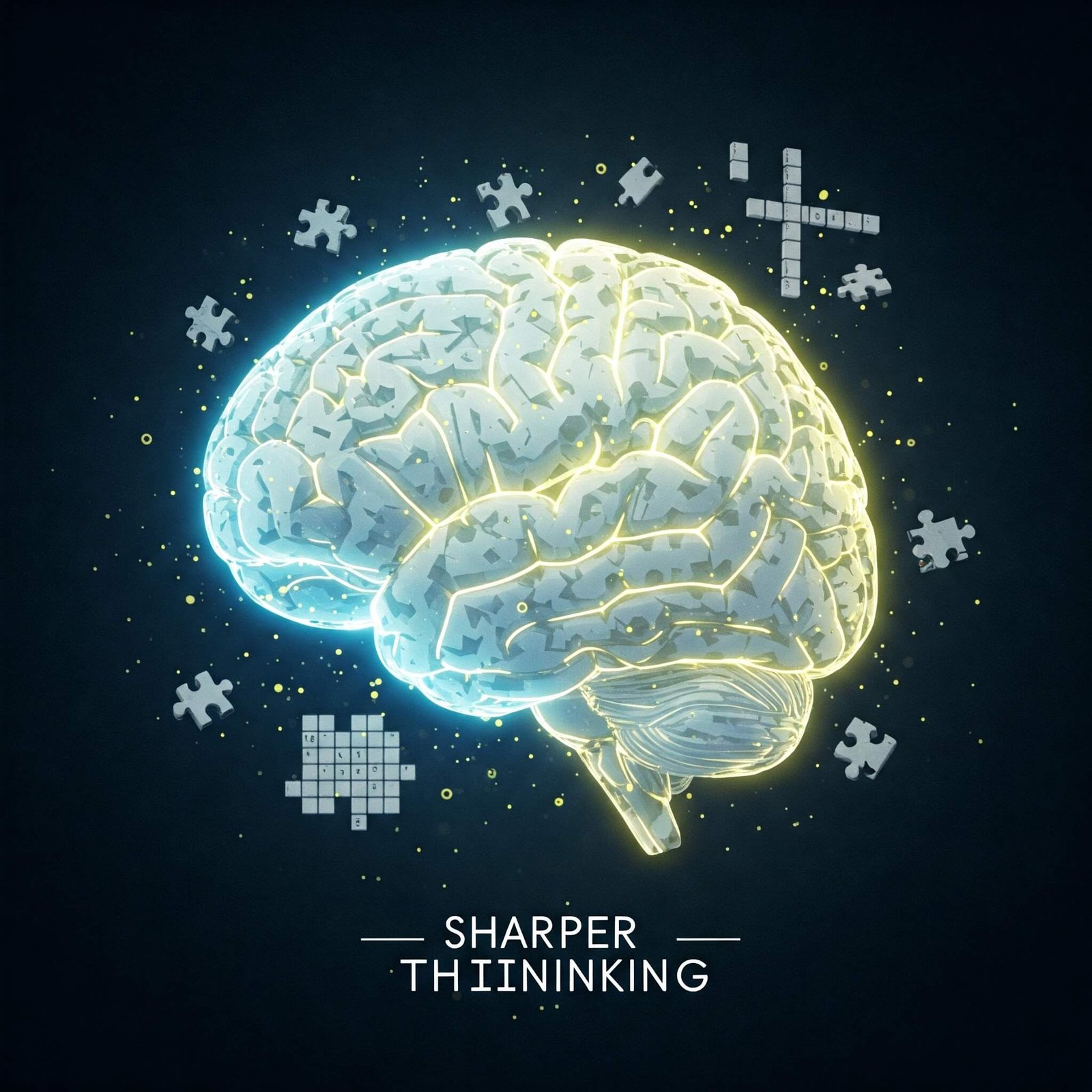Puzzle games are more than just a fun pastime—they’re a powerful tool for sharper thinking. From crosswords to Sudoku to modern brain teasers, these games challenge your brain, boost cognitive skills, and enhance mental agility. In this blog, we’ll explore why puzzle games are a secret weapon for improving focus, memory, and problem-solving, backed by science and real-world examples. Whether you’re a casual gamer or a puzzle enthusiast, you’ll discover actionable ways to harness puzzle games for a sharper mind.
Why Puzzle Games Boost Sharper Thinking
Puzzle games for sharper thinking engage your brain in unique ways, stimulating neural connections and promoting cognitive growth. Studies show that regular mental challenges, like puzzles, can improve memory, enhance focus, and even delay cognitive decline. For example, a 2020 study found that adults who played brain games regularly showed improved working memory and processing speed.
Whether it’s solving a tricky Sudoku grid or piecing together a jigsaw puzzle, these activities force your brain to think critically and creatively. They’re like a gym workout for your mind, building mental resilience over time.

The Science Behind Puzzle Games and Cognitive Skills
How Puzzle Games Enhance Memory
Puzzle games for sharper thinking, such as crosswords or memory-matching games, directly target your brain’s memory centers. These games require you to recall patterns, words, or sequences, strengthening short-term and long-term memory. According to Harvard Health, engaging in brain teasers can improve recall by up to 20% in older adults.
Real-World Example: Take Jane, a 45-year-old teacher who started playing word puzzles daily. Within months, she noticed better recall of her students’ names and lesson details, crediting her puzzle habit for the boost.
Boosting Focus and Concentration
In a world full of distractions, puzzles for sharper thinking train your brain to stay focused. Games like Sudoku or logic puzzles demand sustained attention, helping you tune out noise and hone your concentration. A study from the University of Cambridge found that brain games improved attention spans in adults by 15% after just four weeks.
Actionable Tip: Dedicate 10 minutes daily to a focus-intensive puzzle, like a logic grid, to sharpen your concentration over time.

Types of Puzzle Games for Sharper Thinking
Not all puzzle games are created equal. Here’s a breakdown of the best types for boosting cognitive skills:
- Crosswords: Enhance vocabulary and memory recall.
- Sudoku: Improves logical thinking and pattern recognition.
- Jigsaw Puzzles: Boosts spatial reasoning and patience.
- Brain Teasers: Encourages creative problem-solving.
- Mobile Puzzle Apps: Games like Lumosity or Peak offer tailored challenges for mental agility.
Pro Tip: Mix up your puzzle types to target different cognitive skills. For example, alternate between Sudoku for logic and crosswords for language skills.
Real-World Benefits of Puzzle Games for Sharper Thinking
Improved Problem-Solving Skills
Puzzle games for sharper thinking teach you to break down complex problems into manageable parts. Whether you’re solving a riddle or a logic puzzle, you’re training your brain to analyze, strategize, and find solutions. This skill translates to real life—think tackling work challenges or planning a project.
Example: Mark, a software developer, credits daily brain teasers for helping him debug code faster by approaching problems systematically.
Stress Relief and Mental Health
Puzzles aren’t just about cognitive skills—they’re also great for your mental health. Engaging in puzzles for sharper thinking can reduce stress by providing a focused, meditative activity. A 2021 study found that puzzle-solving lowered cortisol levels, promoting relaxation.

How to Incorporate Puzzle Games for Sharper Thinking into Your Routine
Ready to unlock sharper thinking with puzzle games? Here’s how to get started:
- Start Small: Begin with 5-10 minutes of puzzles daily, like a quick crossword or Sudoku.
- Choose Variety: Rotate between logic, word, and spatial puzzles to engage different brain areas.
- Set Goals: Challenge yourself to improve your speed or solve harder puzzles over time.
- Use Apps: Download brain training apps like Elevate or Peak for on-the-go puzzles.
- Make It Social: Join puzzle clubs or compete with friends to stay motivated.
Puzzle Games for Sharper Thinking: A Lifelong Habit
Puzzle games for sharper thinking aren’t just a fleeting trend—they’re a lifelong habit for a healthier, more agile mind. From boosting memory and focus to reducing stress, these games offer benefits that extend far beyond entertainment. By incorporating puzzles into your daily routine, you’re investing in a sharper, more resilient brain.
So, grab a crossword, download a brain teaser app, or piece together a jigsaw puzzle. Your mind will thank you for it.






























